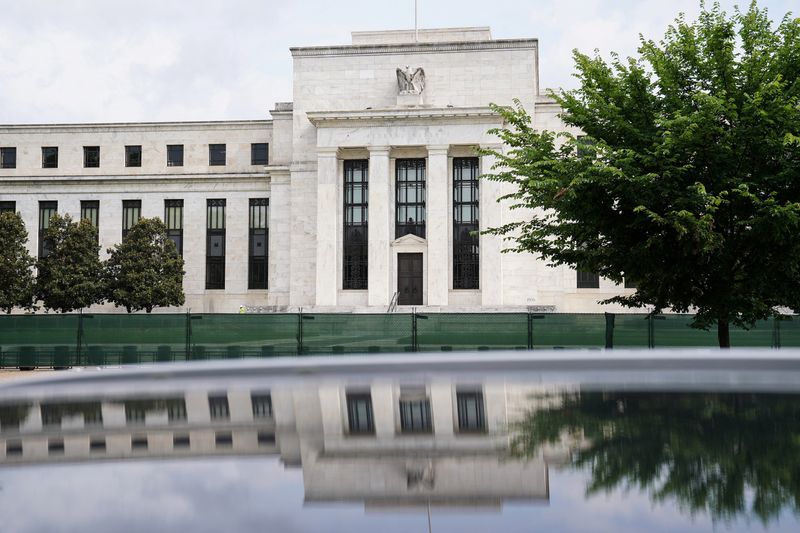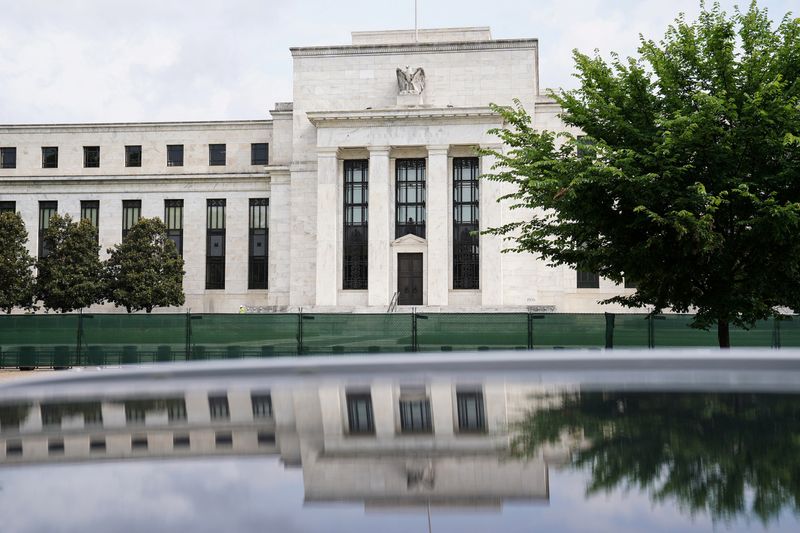
Investing.com — The August jobs report is likely to show the weak labor market seen in July wasn’t transitory, paving the way for the Fed to kick off the rate cutting cycle with a jumbo cut, economists at Citi said in a recent note.
“We expect a report largely similar to July will confirm that weaker July data was not a one-off but rather reflects a genuine softening in the labor market that will have officials lowering rates by 50bp to start the cutting cycle,” Citi said.
As a September rate cut is now widely expected, the size of the cut has sparked hot debate. The odds of a 50bp cut vs 25bp have swung widely this month.
Following the soft July jobs report, many were convinced that the Fed would have to cut 50bp to stave off recession, with some even calling for an emergency cut. But as the economic updates poured in including positive jobless claims data, the initial worries about a recession were cast aside and bets on 25bp cut took center stage.
It wouldn’t take much to tip the Fed-rate cut scales toward a larger 50bp, Citi says, forecasting a modest increase of 125,000 jobs in August, with the unemployment rate holding steady at 4.3%.
This would still align with the Citi economists’ view that labor demand is genuinely weakening, rather than being affected by temporary factors.
Even if the unemployment dips slightly, signaling a slight, one-month improvement in the labor market, this may not be “enough to convince Fed officials that the risks of further softening have abated,” Citi added.
Incoming data suggest that July’s weaker nonfarm payrolls wasn’t transitory, Citi says, highlighting ongoing weakness across various sectors, including construction, government, and manufacturing, that will likely make a dent in the August jobs report.
As the August jobs report, due Sept. 6, will arrive just ahead of the Fed’s September blackout period, the data, Citi expects, “will heavily influence whether the Fed opts for a 25 or 50 basis point cut to kick off its easing cycle.”

